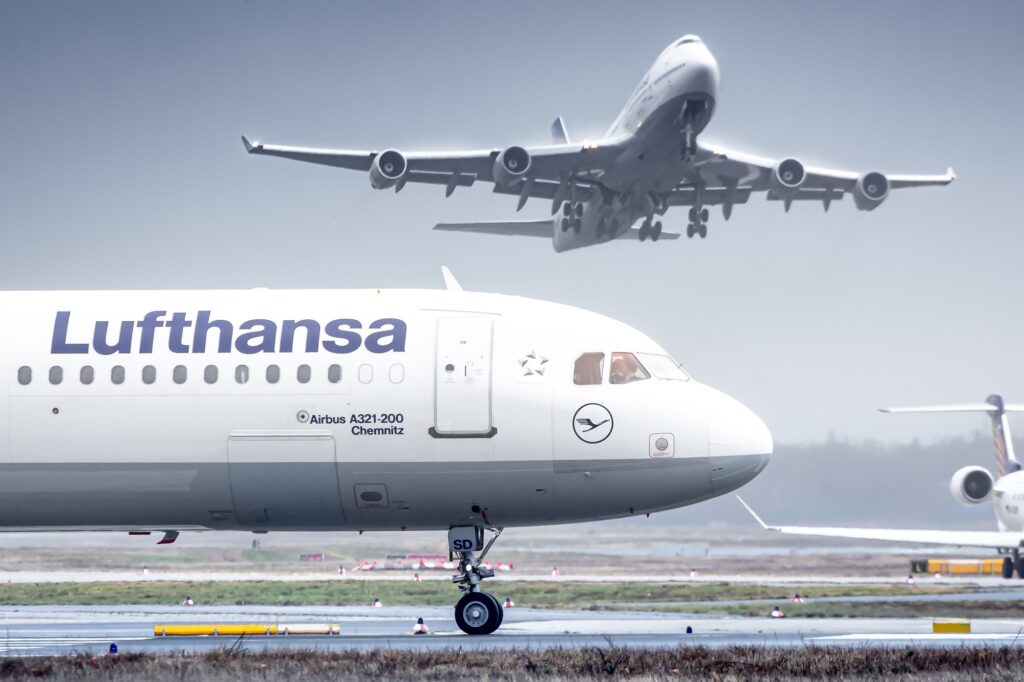The Lufthansa Group still sees staff shortages as a risk going forward, despite the fact that these shortages “have now been reduced” since 2022.
According to the company’s Q1 2023 financial report, while “staff shortages that became very obvious in summer 2022 as a result of the operational difficulties in many of the functional areas necessary for the smooth processing of international air traffic […] have now been reduced”, they have not been fully overcome.
“Further flight delays and cancellations thus remain possible, particularly during the coming summer season. This entails risks for the operating airlines, which range from reputational damage to rising costs for compensating and supporting the passengers affected,” Lufthansa’s report continued. The airline group pointed out that the Easter holidays were the first test of their improved operational processes, as well as newly hired staff. Flights during the Easter peak period “were completed without any significant disruptions and with a stable operational performance”.
Nevertheless, the airline group still ended the three-month period in the red, with a net income of -€301 million ($332.2 million), despite revenues growing by 40% compared to Q1 2022. Operating expenses rose by 33%, as fuel expenses rose 71% year-on-year (YoY), attributed “to higher prices for crude oil as well as jet crack (the price difference between crude oil and kerosene)”, and increasing levels of jet fuel usage.
In response, Lufthansa Group increased its target fuel hedging level in Q1 2023, increasing it from 75% to 85%, aiming to “reduce fluctuations in fuel prices”.
Looking forward, demand is expected to continue to recover, based on “continued positive developments in new bookings in the passenger business”. As such, the number of seats offered by Lufthansa will grow by 20% compared to 2022, reaching between 85% and 90% capacity compared to pre-pandemic levels and subsequently resulting in improved earnings before interest and taxes (EBIT) YoY.
By 2024, the airline group expects its adjusted EBIT margin to be 8%, while analysts provided an estimated net income of €1.3 billion ($1.4 billion) for 2023. The company ended 2022 with an adjusted EBIT margin of 4.6% and a net income of €791 million ($873.1 million).
